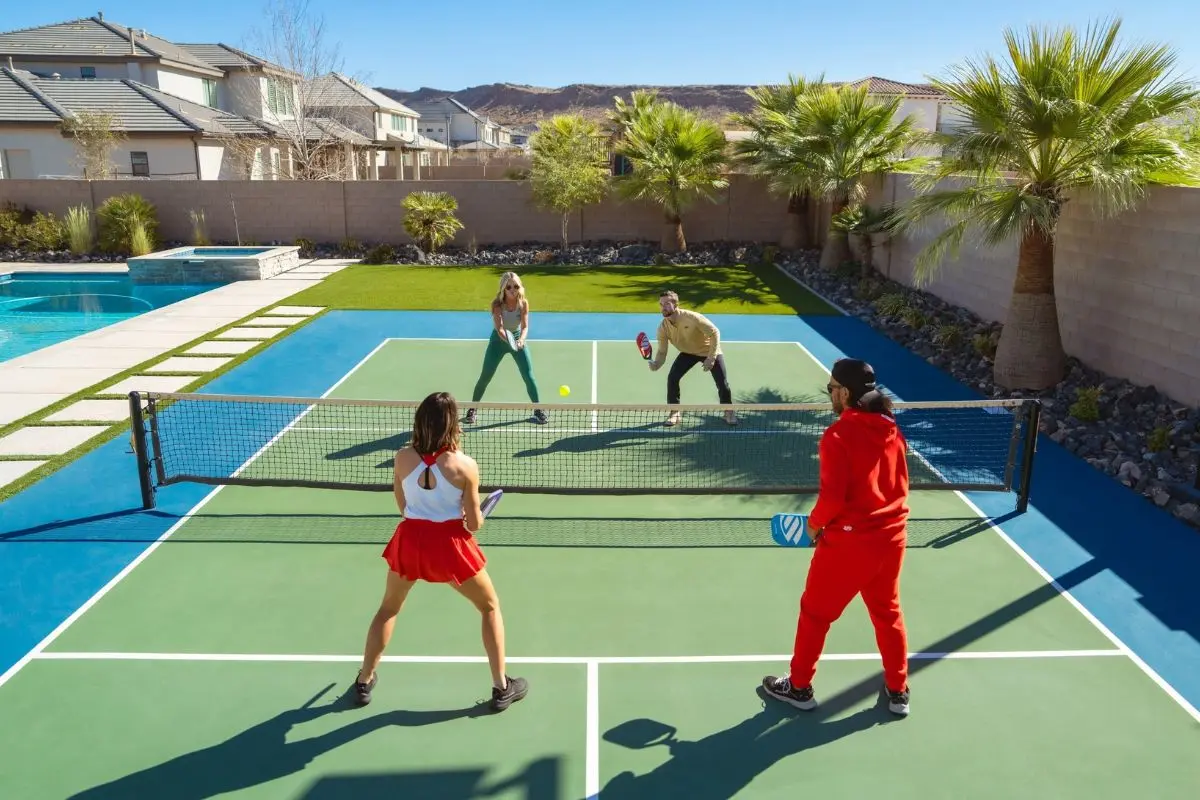Pickleball Skill Mastery Journey: Pickleball players move through four main stages of skill development: unconscious incompetence, conscious incompetence, conscious competence, and unconscious competence. Each stage represents a step in learning, from not knowing what to improve, to building focus and technique, and eventually mastering the game until it feels automatic.
Stage 1: Unconscious Incompetence
At the start, many players don’t realize their weaknesses or the practice required to improve. Pickleball’s easy entry makes it possible for beginners to rally during their first games. This makes the sport welcoming but can create a false sense of ability. Progress at this stage comes from watching advanced play or receiving feedback from coaches and experienced players.
Stage 2: Conscious Incompetence
In this stage, players begin to see the real challenges of the game. They recognize their skill gaps and often feel frustrated. This awareness is important for growth because it sparks the motivation to practice. Focused drills, especially for specific shots, become key to improvement.
Stage 3: Conscious Competence
Players now perform important skills such as third-shot drops, drives, dinks, and counters. However, these moves still require effort and focus. To move forward, players should practice regularly with proper technique, seek feedback, and gradually add advanced strategies to their game.
Stage 4: Unconscious Competence
This stage reflects mastery, where skills feel natural and effortless. Players no longer think about mechanics; instead, they react to situations. Much like a quarterback in football reading a defense, high-level pickleball players rely on muscle memory built through thousands of repetitions to play instinctively.
Assessing Your Current Stage
Players can measure progress by looking at ratings, such as their DUPR score, or by tracking results in tournaments and leagues. They should notice which shots still require focus and which happen automatically. Honest self-assessment helps guide the right practice plan.
Why It Matters
Understanding these stages helps players set realistic goals and stay motivated. Moving from one stage to another requires patience, focus, and consistent practice. For beginners and advanced players alike, knowing where they stand ensures they can keep improving and enjoying the game.
News in Brief: Pickleball Skill Mastery Journey
Pickleball skill development follows four stages: unconscious incompetence, conscious incompetence, conscious competence, and unconscious competence. Players progress from not knowing their weaknesses to performing skills automatically. Honest self-assessment, focused practice, and consistent play help players move forward. Each stage builds confidence and prepares athletes for long-term growth.

